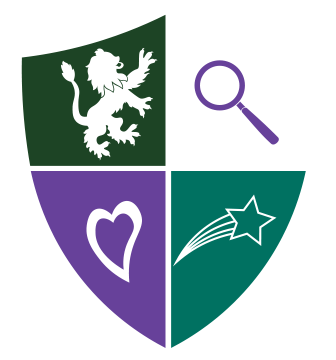- Home
- Learning
- Our Curriculum
- How we deliver the National Curriculum at FPS
- Science
- How We Teach Science
How We Teach Science
Science is taught in weekly lessons on a two-year rolling programme. This ensures that all objectives are covered by all children.
Lessons vary. For example some lessons may be mainly taken up with a demonstration of a scientific phenomenon, whereas another may focus on the contributions to the history of science made by a particular scientist or factual content such as the names of the planets in the solar system. However, all lessons include retrieval of previously taught content, an explanation of relevant vocabulary and use of stem sentences, and a chance for the children to reflect on what they have learned that day and how they have acted as scientists.
Where they will enhance children’s experience, substantive links will be made to other curricular areas as part of topic-based learning.
Vocabulary, including spelling, will be taught explicitly using Talk for Writing and other strategies at the beginning of each unit so that the meanings are reinforced whenever the content is covered. Teachers may use visual aids to help children retain key information and key vocabulary.
Formative mini-assessment tasks will be designed for frequent use to assess knowledge and understanding objectives. These allow children to understand what they need to know next and make democratic choices about how to challenge themselves to learn more.
Teachers’ planning will aim to identify misconceptions and structure new content in small steps to address these misconceptions, taking care to use practical activities frequently and intelligently. Teachers are aware of the danger of students making theory-laden observations during practical activities. A balance is maintained between practical demonstration and genuine enquiry.
Explorify activities, which may be linked to the current unit or revisit previously taught content, are used in many lessons to provide opportunities for children to apply their knowledge to explain what they see.
Each class has access to a discovery area. These provide intuitive ways to make scientific observations with minimal instruction or guidance. Older children may have question prompts or suggested investigations to carry out. Discovery area activities may link to current learning, may revisit learning from previous year groups or terms, or follow children’s interests. Use of discovery areas are modelled from time to time by the class teacher, for example showing how to design a simple controlled experiment with parachutes.
Science work is recorded in books at least once a week. Science books will provide a record of learning, give children a resource to help them retain key information and demonstrate progress in knowledge and skills.
